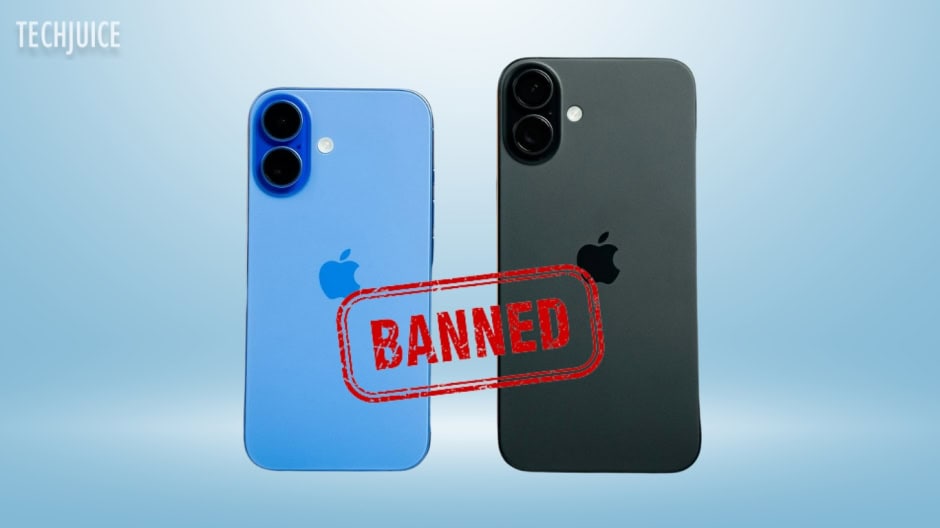Apple’s latest smartphone, the iPhone 16, remains unavailable in Indonesia as regulators have rejected the company’s proposals to comply with the country’s local manufacturing regulations. The decision highlights the challenges global tech giants face in navigating one of Southeast Asia’s largest and most complex markets.
Proposal Rejected for Non-Compliance
Indonesia’s rule known as the Domestic Component Level (TKDN) regulation demands that at least 40% of specific smartphone parts are manufactured within Indonesia. To satisfy this condition, Apple made a $1 billion investment on Batam Island for a manufacturing plant to assemble parts for its AirTag tracking device.
However, in response to this, Industry Minister Agus Gumiwang affirmed that the AirTag is an independent accessory and therefore does not fall under the Department of Industry’s TKDN rules as part of smartphone components. “Since AirTag is an accessory sold separately from the mobile phone itself, even with significant investment, AirTag will not contribute to the TKDN percentage,” said Aryo Meidianto Aji, a Jakarta-based smartphone market analyst.
The minister further stated, “We have done an assessment and this [proposal] has not met principles of fairness,” referencing Apple’s larger investments in countries like Vietnam, where it has committed nearly $16 billion.
Experts in Indonesia argue that Apple has failed to understand and adapt to the TKDN framework adequately. According to Meidianto Aji, Apple should focus on producing essential components such as adapters, cables, and other items included with its devices to meet local content requirements.
Indonesia’s regulatory landscape, while holding significant promise, has faced criticism for discouraging international investment. Muhammad Habib from the Centre for Strategic and International Studies (CSIS) cautioned that imposing excessive restrictions on multinational companies might convey unfavorable messages to the global market.
“Playing hard to get can send a negative signal to the international community. We have remarkably high demand, but we have not been able to meet the needs of the company,” said Habib.
Habib highlighted the importance of maintaining balance, particularly as nations such as Vietnam, Malaysia, and Singapore develop increasingly supportive environments for tech manufacturing.
Challenges for Apple’s Market Share in Indonesia
As brands such as Samsung and various Chinese manufacturers take the lead in Indonesia’s smartphone market, Apple’s struggle to sell its latest products may threaten its consumer base. Devices that do not comply, such as Google’s Pixel phones, have encountered bans due to the same local content regulations.
“Apple’s market share in Indonesia is not substantial, particularly for their new products. The larger share is held by some of the older products. Consumers will become weary of waiting for uncertain devices, leading to a significant potential shift to other devices,” Meidianto Aji explained.
Even with the challenges faced, Apple’s $1 billion Batam facility is set to launch next year, representing the company’s inaugural production site in Indonesia. The uncertainty surrounding Apple’s ability to adjust its strategy to comply with TKDN requirements and gain market access is evident.












